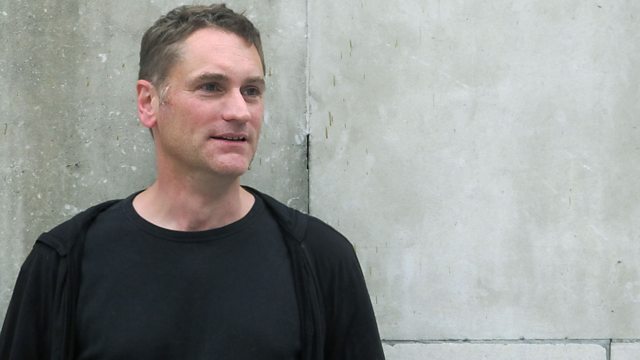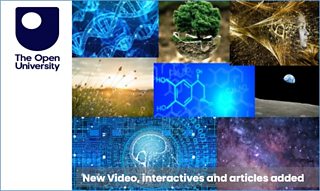Gravitational wave detection, Exo-Mars landing, Royal Society book prize, Gait biometrics
As astronomers meet in Paris this week, what's the future for gravitational wave detection? And where on Mars should Exo-Mars land to secure the best chance of detecting life?
It's nearly a year since researchers turned on their new, souped-up LIGO, the Laser Interferometer Gravitational Wave Observatory, which led to the momentous detection of mysterious ripples in space generated from the collision of two black holes. Since then, LIGO has been further improved and is about to turn back on, and an European equivalent VIRGO is in the final stages of its own upgrade. Astronomers are meeting in Paris this week to discuss the next stage, and claim this network of new detectors heralds a completely new era in studying the cosmos. Roland Pease discusses what the future holds in gravitational wave research.
The 2020 Exo-Mars mission has one key objective, to find signs of life. But where should it land? New research offers a hitchhiker's guide to an area called Arabia Terra, part of the Arum Dorsum river plain where lots of water once flowed. Gareth Mitchell meets Dr Matt Balme of the Open University and student Joel Davis whose new research is also reassessing the prevailing view that ancient Mars was cold and dry.
The latest stop on BBC Inside Science's journey through the shortlist of this year's Royal Society book prize is The Invention of Nature - Andrea Wulf's account of the extraordinary life of Alexander von Humboldt. Spanning the mid eighteenth to nineteenth centuries, von Humboldt was prolific, studying glaciers, climate, zoology and much more. Andrea Wulf discusses her 4 year journey as she followed in the footsteps of this pioneering naturalist.
The way we walk, like our iris, fingerprints or voice is something unique to each individual. But unlike those other biometrics, we don't need to be close to, or in contact with a scanner, camera or microphone. Prof Mark Nixon of the Department of Electronics and Computer Science at Southampton University discusses how our gait is an effective new approach to personal identification that can reach the parts others can't reach.
Presenter Gareth Mitchell
Producer Adrian Washbourne.
Last on
![]()
Explore further with The Open University
This programme is produced in partnership with The Open University.
Clip
-
![]()
The Invention of Nature - Andrea Wulf
Duration: 06:28
Broadcasts
- Thu 1 Sep 2016 16:30BBC Radio 4 FM
- Thu 1 Sep 2016 21:00BBC Radio 4 FM
Explore further with The Open University
Podcast
-
![]()
BBC Inside Science
A weekly programme looking at the science that's changing our world.






